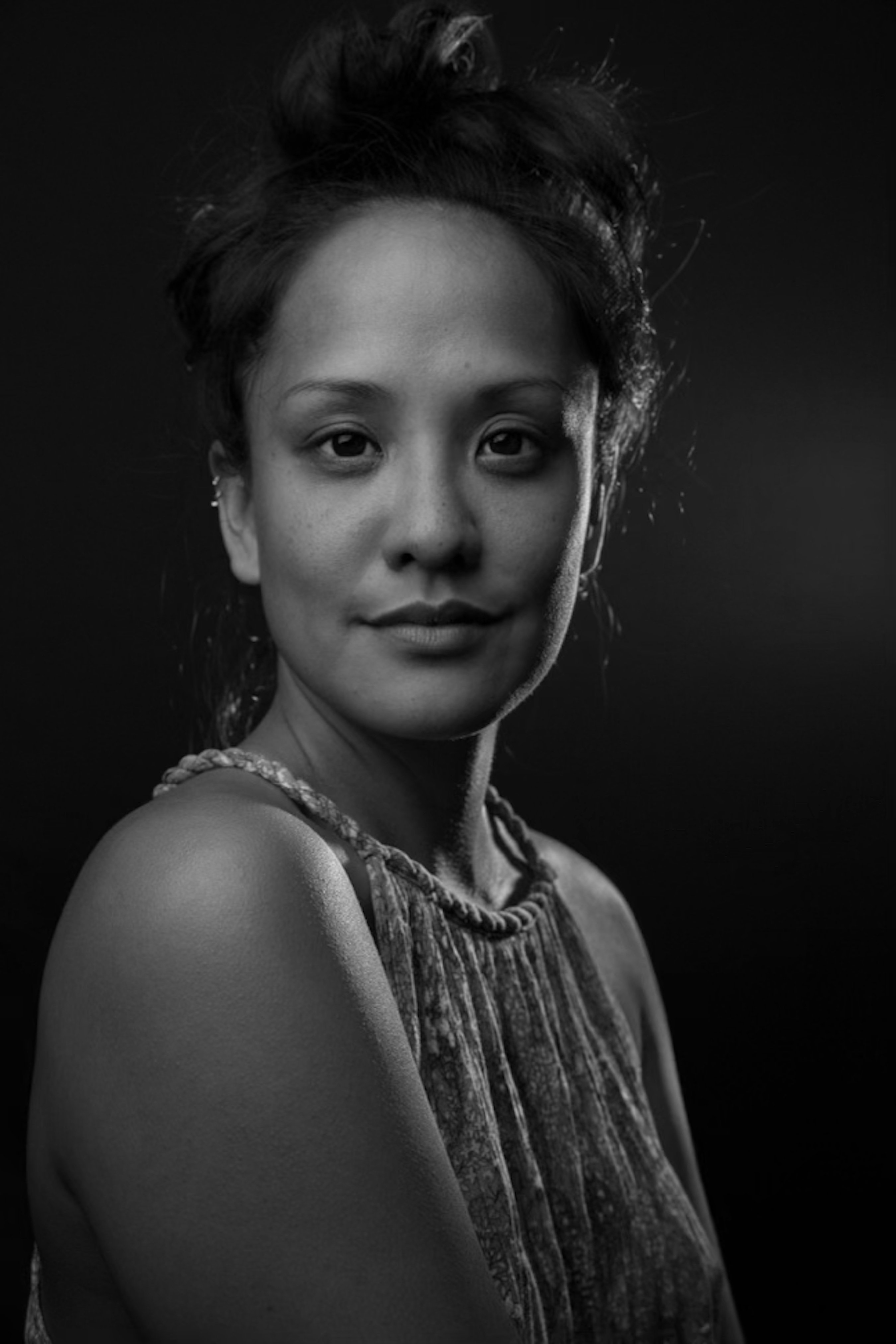Welcome to the Gut House
Outside a door in east Maui, a brindled dog sits.
No cars drive the dirt road.
No child appears with food to share or ask for.
There is only inside, today.
A telephone cries, and to each caller, a grandmother
chirps, “Aloha. God bless you.”
In a corner bedroom, a girl is kept in bed,
surrounded by mosquito nets & women,
who take turns binding her wound.
Miles of violence in their eyes, they know
how to speed through marrow. They know
scars & stars, two things
a woman should never count in relation to her body.
The number of names, maybe,
wired around her stomach. The number of stomachs
opened like doors and, not so much
cleaned as cleaned of secrets. Yes, there is something
better than the heart. A whirring
sent deep in the body. Like a girl in a house.
You are finally home.
No glorified organ, no heroic heart. Only guts.
Viscera. Ask any Hawaiian.
Drive the dirt road, follow my grandmother’s voice.
She will bless you. My aunties & cousins,
their long fingers pinned to the walls, they point
the way to a corner bedroom,
this poem. My sister is closing the mosquito net.
I am pooling in a bed of gauze.
New versions of the Bible will use the word “heart.”
Ask any of us where it really hurts.
Even my grandma, god bless you.
Ask the brindled dog guarding my stomach.
Copyright © 2022 by Noʻu Revilla. Originally published in Poem-a-Day on March 11, 2022, by the Academy of American Poets.
“I love the sound of my grandmother’s voice. And without the care and know-how of my grandmother, my aunties and cousins, my mother and sister, I would not be here. We are a moʻo family. In Hawaiian history, moʻo are water protectors. They are also shapeshifters who take lizard and woman forms. ‘Brindled’ refers to the special markings on the skin of animals and other shapeshifters who protect moʻo. The women in my family protect each other, and one of the reasons I write is to practice gratitude for that protection. Mahalo, grandma.”
—Noʻu Revilla

